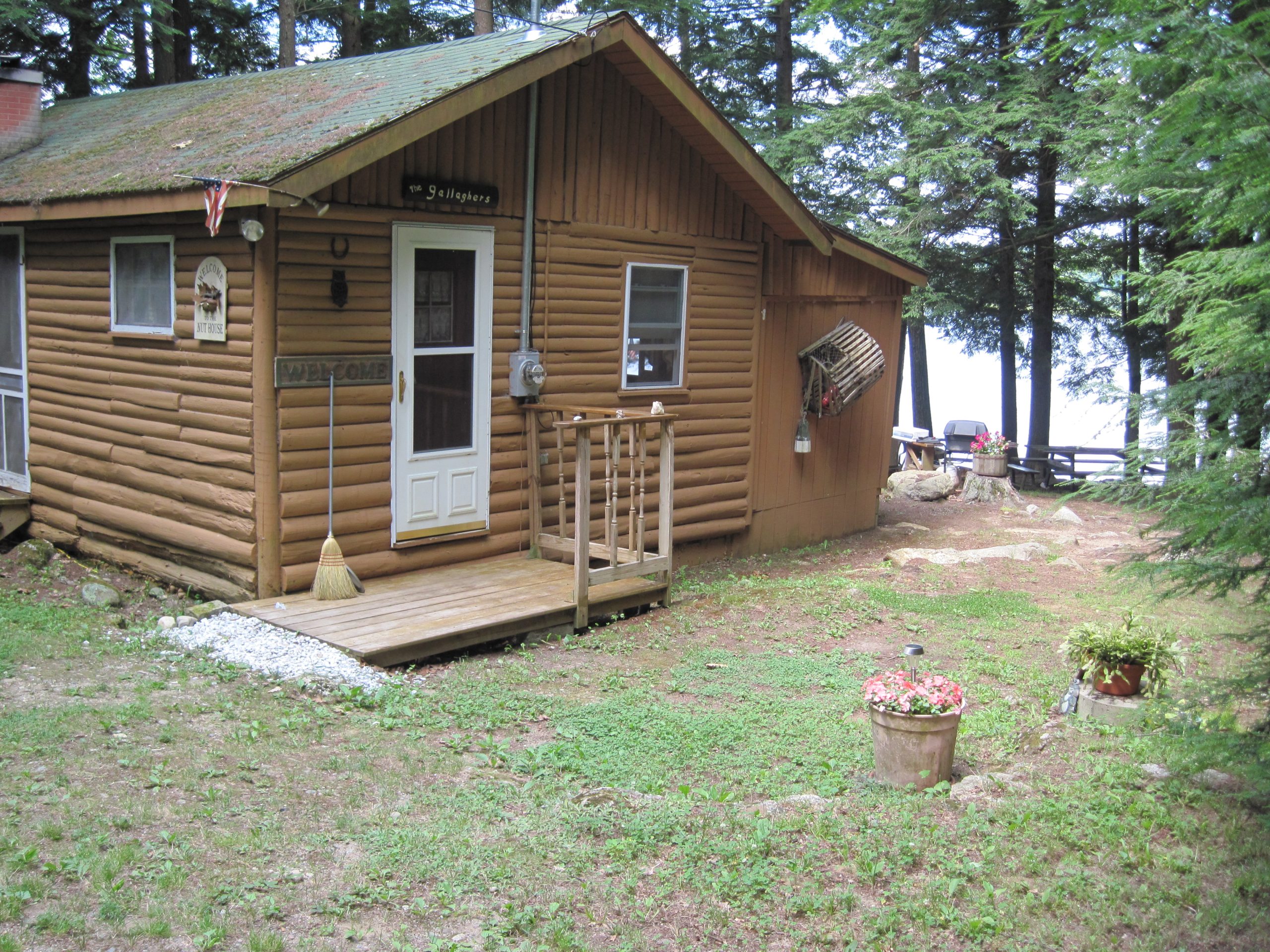Shack Attack, New England Camps | Knowledge & Wisdom
When you hear New Englanders announce, “We’re going up to the camp for the month,” this could mean a trip of anywhere from 200 miles to 200 yards. A camp, in New England, is a small seasonal dwelling—not a second home, but an antidote to home. While camps tend to be highly idiosyncratic, most are […]

When you hear New Englanders announce, “We’re going up to the camp for the month,” this could mean a trip of anywhere from 200 miles to 200 yards. A camp, in New England, is a small seasonal dwelling—not a second home, but an antidote to home. While camps tend to be highly idiosyncratic, most are variations on a few basic themes:
Seaside
Name: “Spindrift” /Typical diversions: Swimming, sunbathing /Pests: Greenheads /Chore you don’t get around to: Fixing broken beach chair /Specialty of the house: Lobster /Inescapable problem: Noisy neighbors
Lakeside
Name: “Whispering Pines” /Typical diversions: Sailing, swimming /Pests: Mosquitoes /Chore you don’t get around to: Rebuilding old dock /Specialty of the house: Sautéed trout /Inescapable problem: Friends who “just happened by” with swimsuits
Mountainside
Name: “Shangri-La” /Typical diversions: Hiking, board games /Pests: Blackflies /Chore you don’t get around to: Replacing moribund gas refrigerator /Specialty of the house: Sweet corn /Inescapable problem: Access road washes out every spring
Backwoods
Name: “Ta-Pa-Nu-Keg” /Typical diversions: Card games, shooting at empty bottles /Pests: Varmints /Chore you don’t get around to: Splitting unsplittable pieces of firewood / Specialty of the house: Defrosted deer steak with canned mushrooms /Inescapable problem: Privy needs to be moved
—Adapted from “Understanding Camps” by Jon Vara, August 1995


